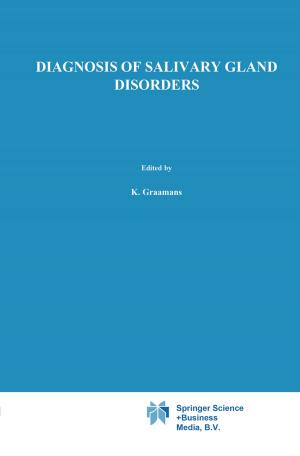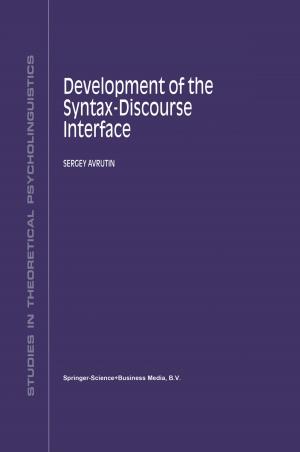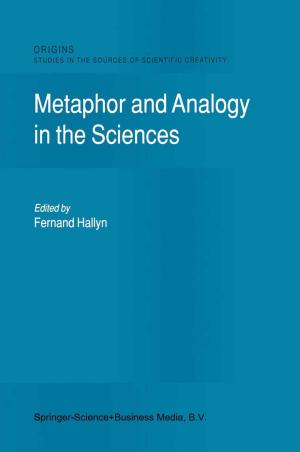Truth and Its Nature (if Any)
Nonfiction, Religion & Spirituality, Philosophy, Reference, Epistemology, Reference & Language, Language Arts| Author: | ISBN: | 9789401592338 | |
| Publisher: | Springer Netherlands | Publication: | March 14, 2013 |
| Imprint: | Springer | Language: | English |
| Author: | |
| ISBN: | 9789401592338 |
| Publisher: | Springer Netherlands |
| Publication: | March 14, 2013 |
| Imprint: | Springer |
| Language: | English |
The question how to turn the principles implicitly governing the concept of truth into an explicit definition (or explication) of the concept hence coalesced with the question how to get a finite grip on the infinity of T-sentences. Tarski's famous and ingenious move was to introduce a new concept, satisfaction, which could be, on the one hand, recursively defined, and which, on the other hand, straightforwardly yielded an explication of truth. A surprising 'by-product' of Tarski's effort to bring truth under control was the breathtaking finding that truth is in a precisely defined sense ineffable, that no non trivial language can contain a truth-predicate which would be adequate for the very 4 language . This implied that truth (and consequently semantic concepts to which truth appeared to be reducible) proved itself to be strangely 'language-dependent': we can have a concept of truth-in-L for any language L, but we cannot have a concept of truth applicable to every language. In a sense, this means, as Quine (1969, p. 68) put it, that truth belongs to "transcendental metaphysics", and Tarski's 'scientific' investigations seem to lead us back towards a surprising proximity of some more traditional philosophical views on truth. 3. TARSKI'S THEORY AS A PARADIGM So far Tarski himself. Subsequent philosophers then had to find out what his considerations of the concept of truth really mean and what are their consequences; and this now seems to be an almost interminable task.
The question how to turn the principles implicitly governing the concept of truth into an explicit definition (or explication) of the concept hence coalesced with the question how to get a finite grip on the infinity of T-sentences. Tarski's famous and ingenious move was to introduce a new concept, satisfaction, which could be, on the one hand, recursively defined, and which, on the other hand, straightforwardly yielded an explication of truth. A surprising 'by-product' of Tarski's effort to bring truth under control was the breathtaking finding that truth is in a precisely defined sense ineffable, that no non trivial language can contain a truth-predicate which would be adequate for the very 4 language . This implied that truth (and consequently semantic concepts to which truth appeared to be reducible) proved itself to be strangely 'language-dependent': we can have a concept of truth-in-L for any language L, but we cannot have a concept of truth applicable to every language. In a sense, this means, as Quine (1969, p. 68) put it, that truth belongs to "transcendental metaphysics", and Tarski's 'scientific' investigations seem to lead us back towards a surprising proximity of some more traditional philosophical views on truth. 3. TARSKI'S THEORY AS A PARADIGM So far Tarski himself. Subsequent philosophers then had to find out what his considerations of the concept of truth really mean and what are their consequences; and this now seems to be an almost interminable task.















